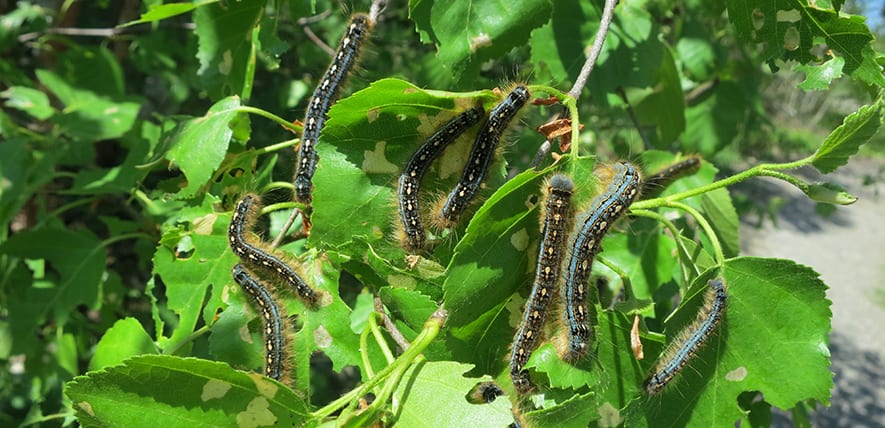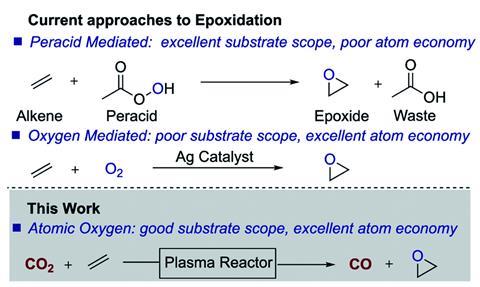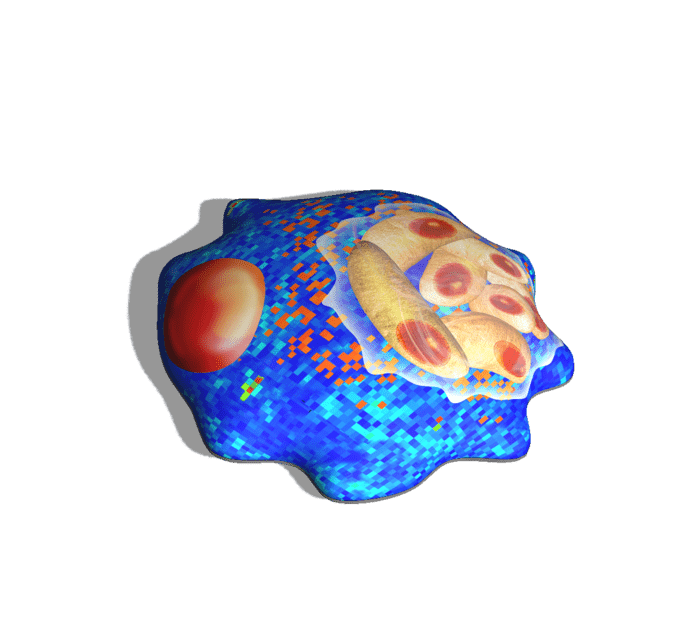Several U.S. cities have instituted taxes on drinks with added sugar in order to reduce consumption, but new research suggests these policies currently have one fatal flaw. The study found that sugary drink taxes only reduce purchasing if price tags at stores mention that consumers are paying that tax when they buy the drink. “If […]
Read More








